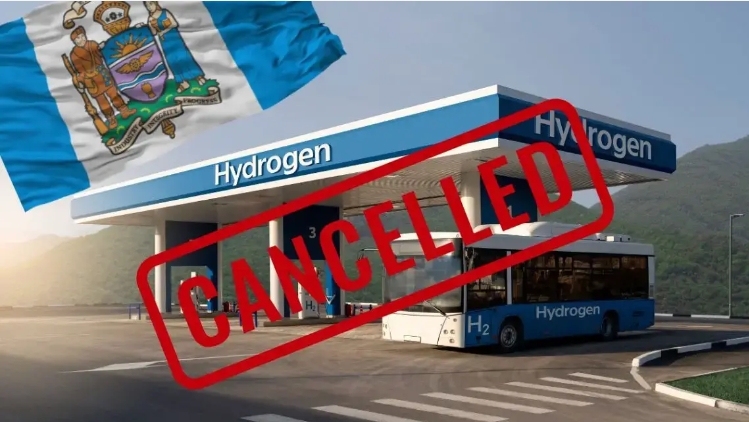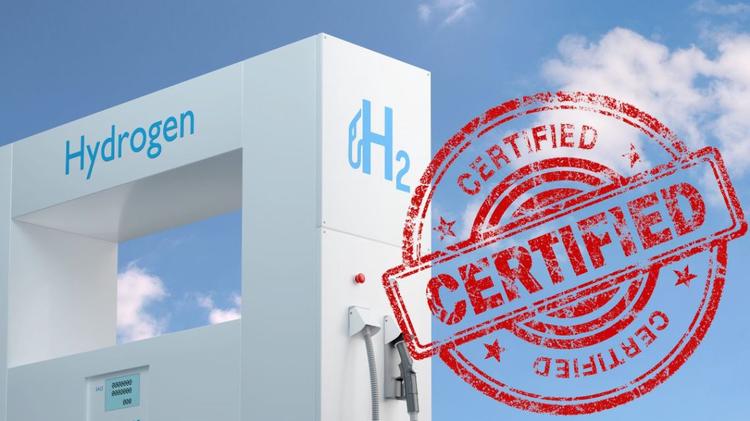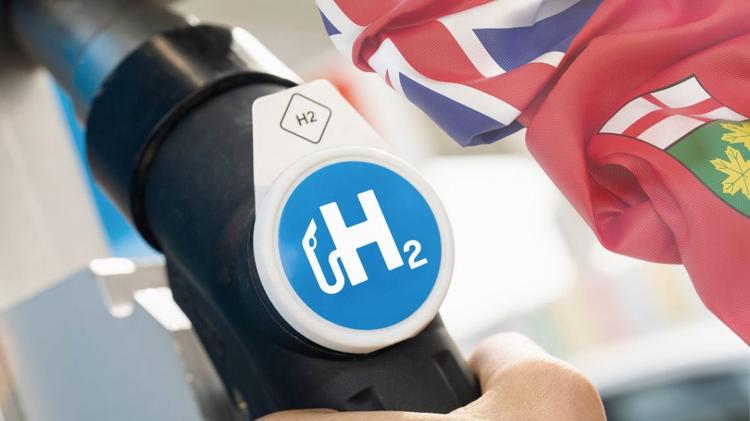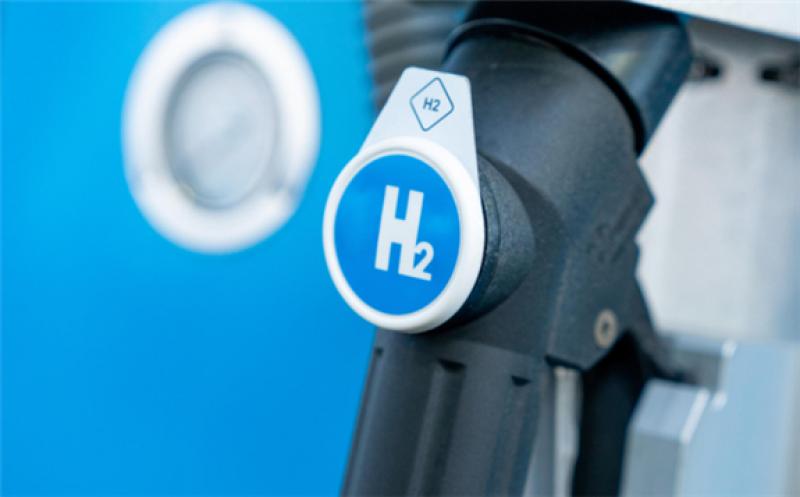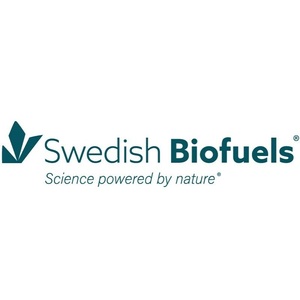
Swedish Biofuels AB announced on Aug. 7 that the ASTM International Committee has accepted the use of C2 to C5 alcohols as feedstock for the alcohol-to-jet (ATJ) pathway as well as a new specification for fully formulated aviation fuel with aromatics.
The ASTM International Committee D02 on Petroleum Products, Liquid Fuels, and Lubricants and Subcommittee D02.J on Aviation Fuel passed a concurrent ballot late June extending ASTM D7566, Standard Specification for Aviation Turbine Fuel Containing Synthesized Hydrocarbons, by a new Annex 8 submitted by Swedish Biofuels AB. When published, the revised issue of D7566 will be numbered D7566-23a and will display the specification of alcohol to jet synthetic paraffinic kerosene with aromatics (ATJ-SKA) produced by Swedish Biofuels technology and using single C2 to C5 alcohols or a combination of two or more C2 to C5 alcohols as feedstock for the process.
Unlike previously approved pathways, the Swedish Biofuels pathway is not limited to a single feedstock and includes the production of aromatics. With the ability to flexibly vary the amount of aromatics, the fuel produced by Swedish Biofuels is completely indistinguishable from fossil kerosene in its composition and properties. Even though D7566-23a currently only permits use of the jet fuel produced as a 50 percent blend with fossil kerosene, it is an important milestone in the sustainability journey and a short reach to 100 percent certification. Once D7566-23a is published by ASTM, it will be eligible as a standard to be used for fuel production for commercial airlines. It is estimated that these final actions will be completed by ASTM in Q3 2023.

